As a developing economy, India has numerous developmental aspirations. How India meets these goals without worsening the climate crisis is at the heart of CSTEP's work. Addressing climate change and enabling a secure and sustainable future for Indian citizens require an overhaul of previous paradigms on development and resource utilisation. This is reflected in our work on developing low-carbon trajectories for development with an emphasis on nature-based solutions.
We are working with state governments across India to build capacity on risk and vulnerability assessments to inform their respective action plans on climate change. The transition from fossil fuels to renewable energy is crucial to achieving a secure and sustainable future. CSTEP's studies explore the possibility of a greater integration of renewables in the energy sector.
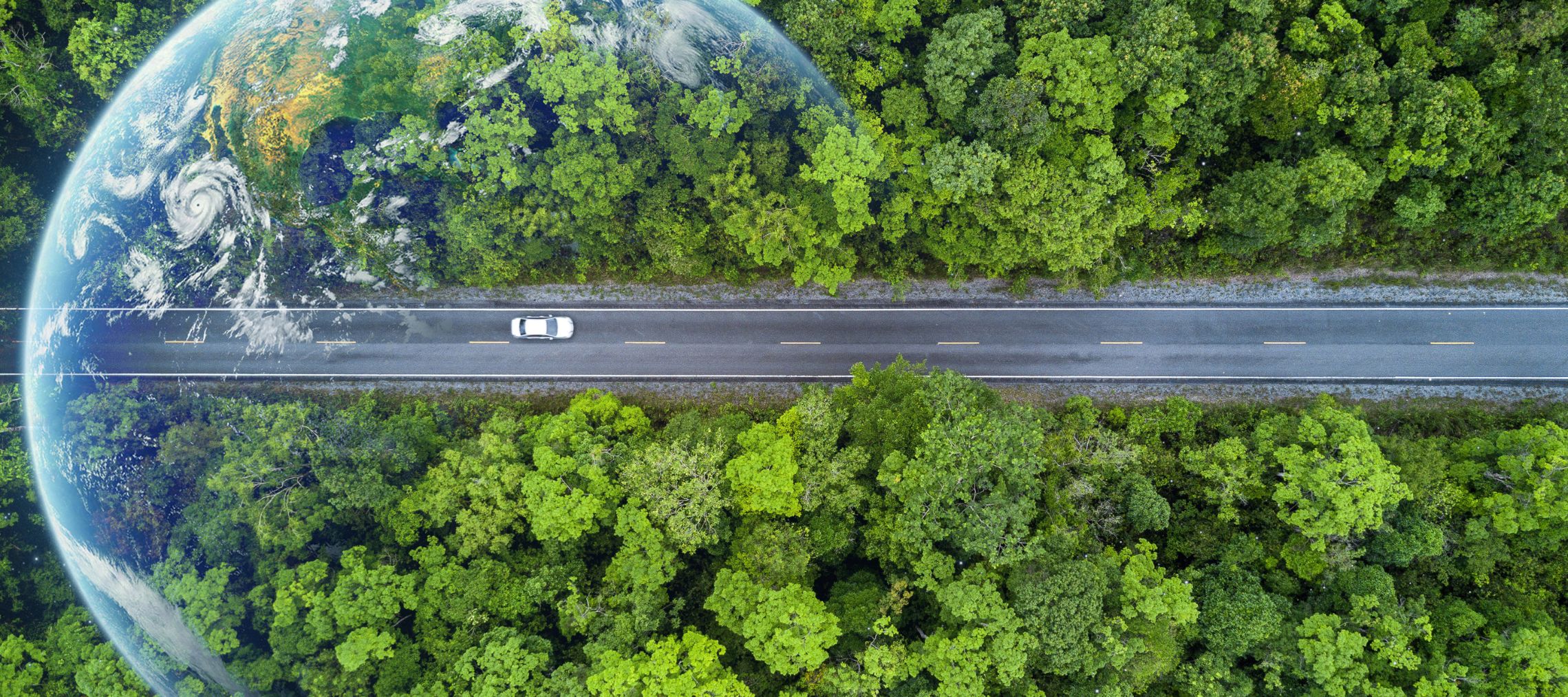
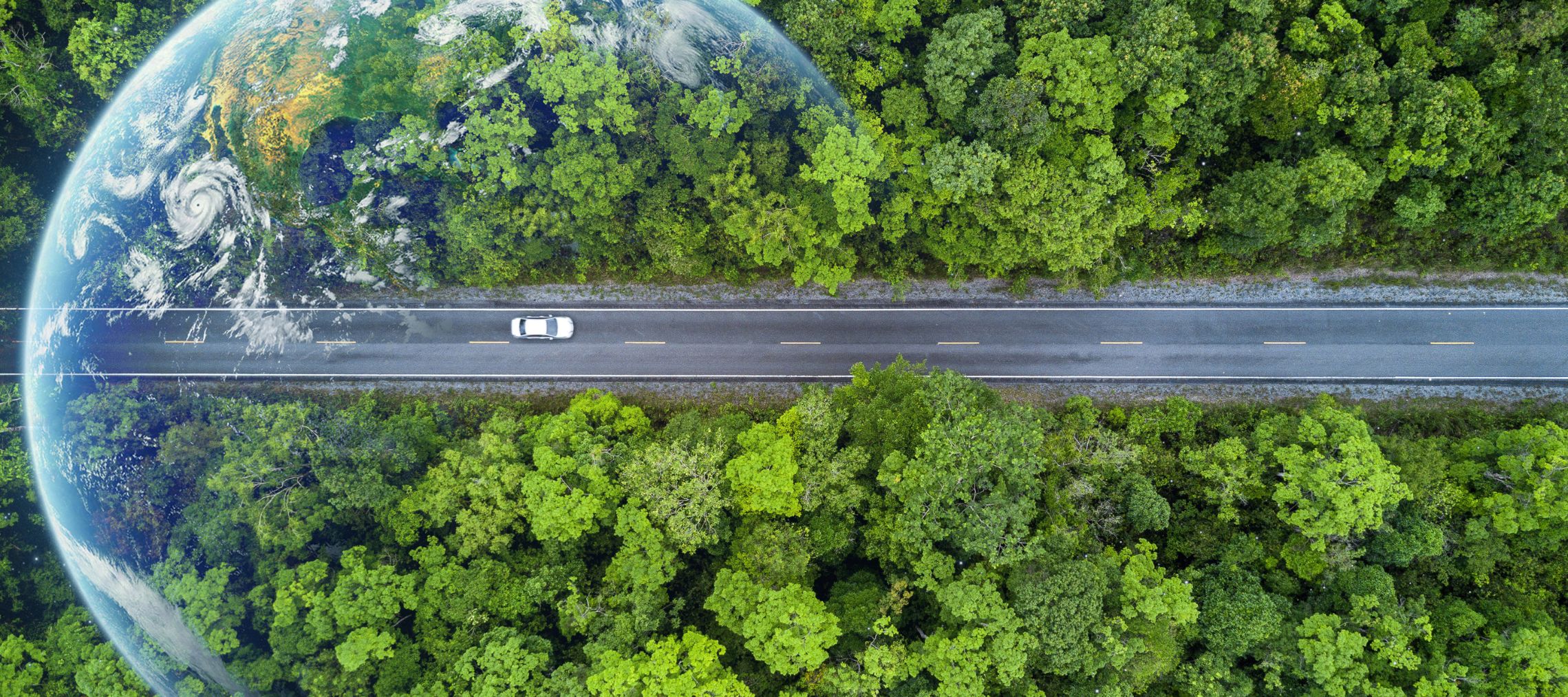
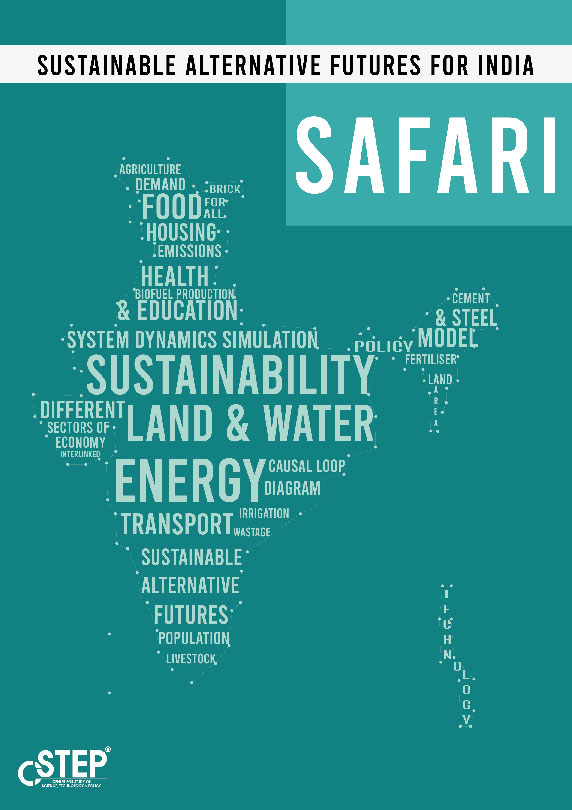
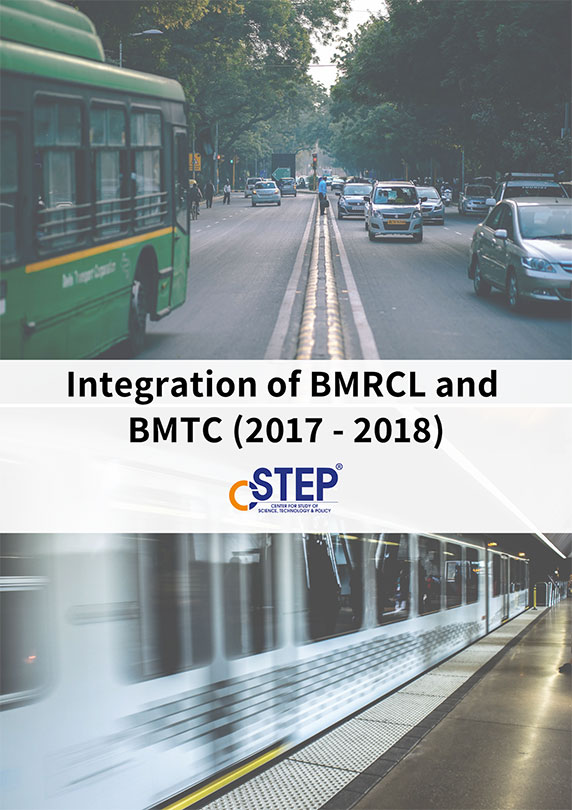
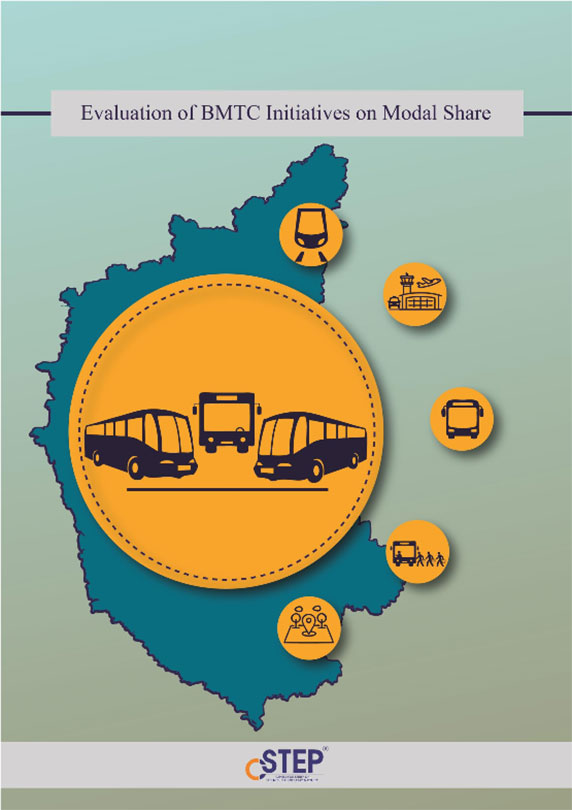
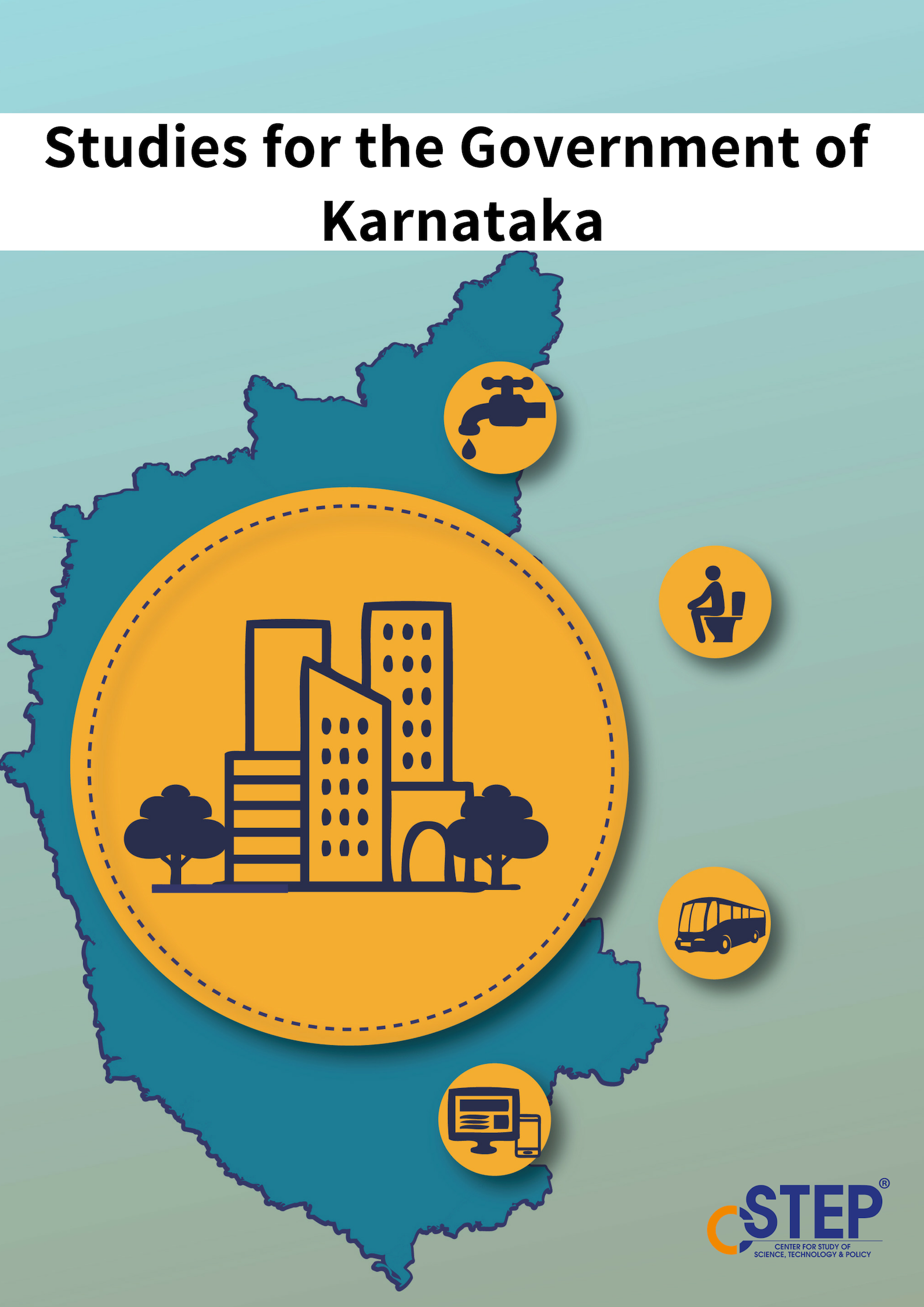

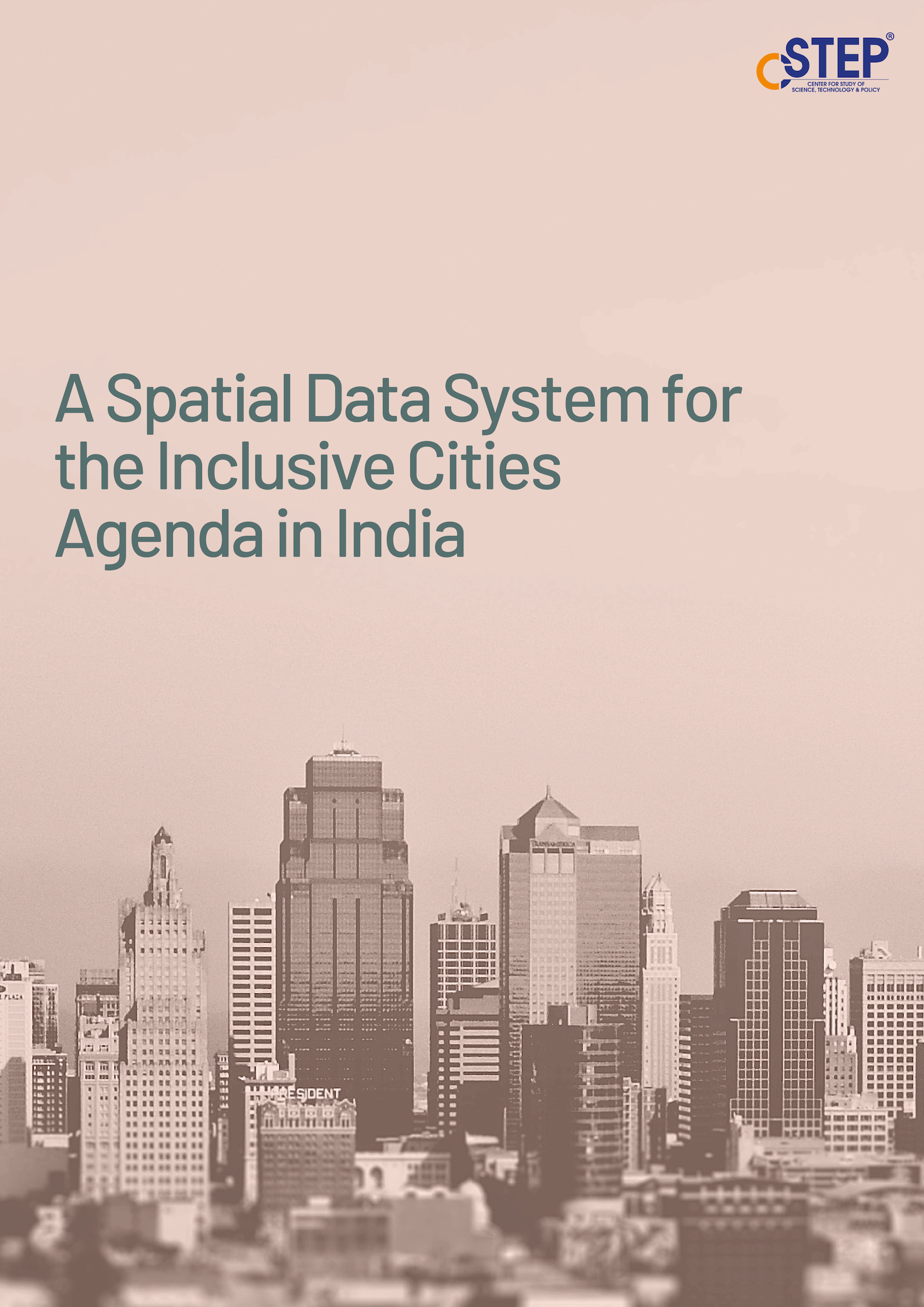
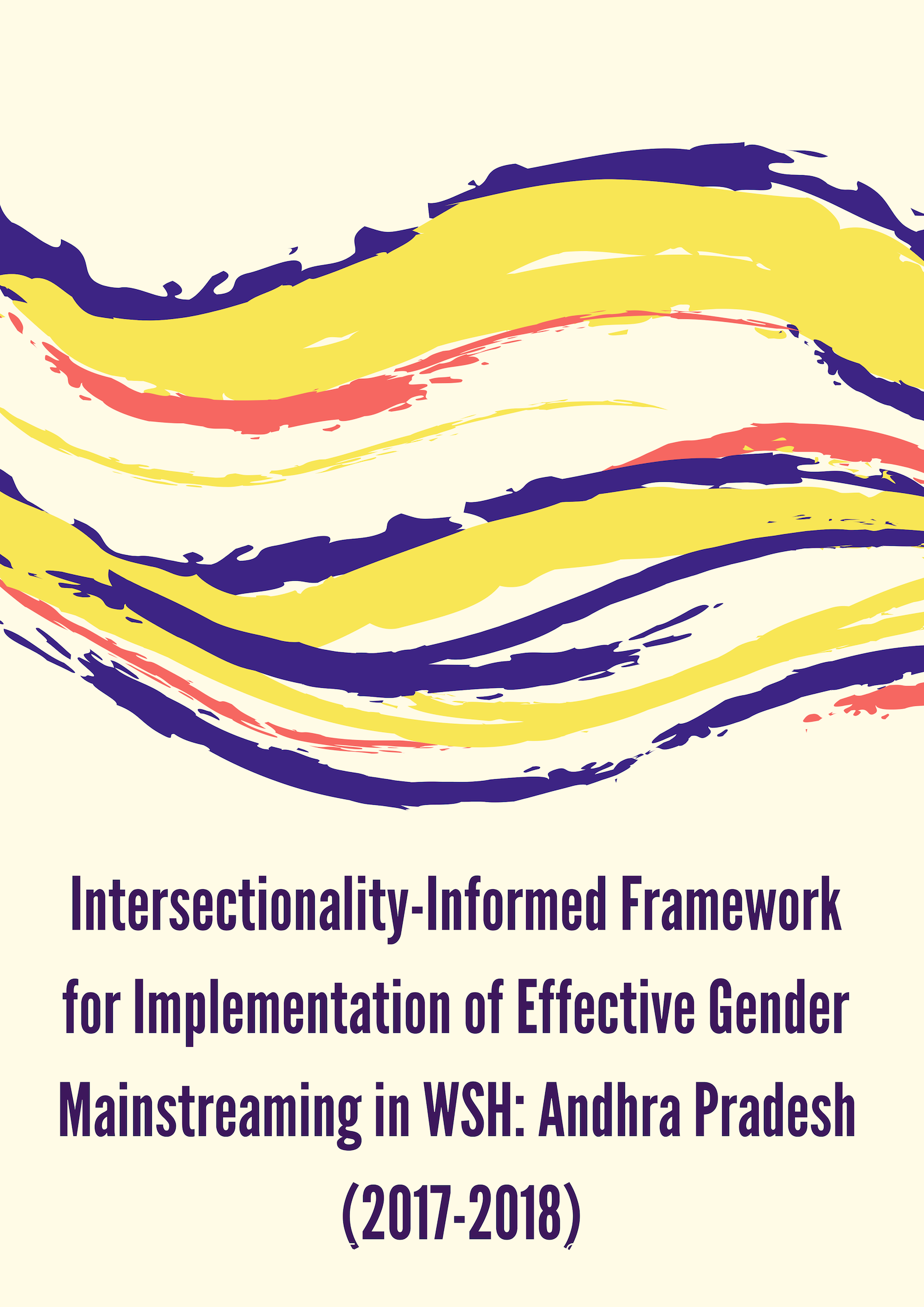
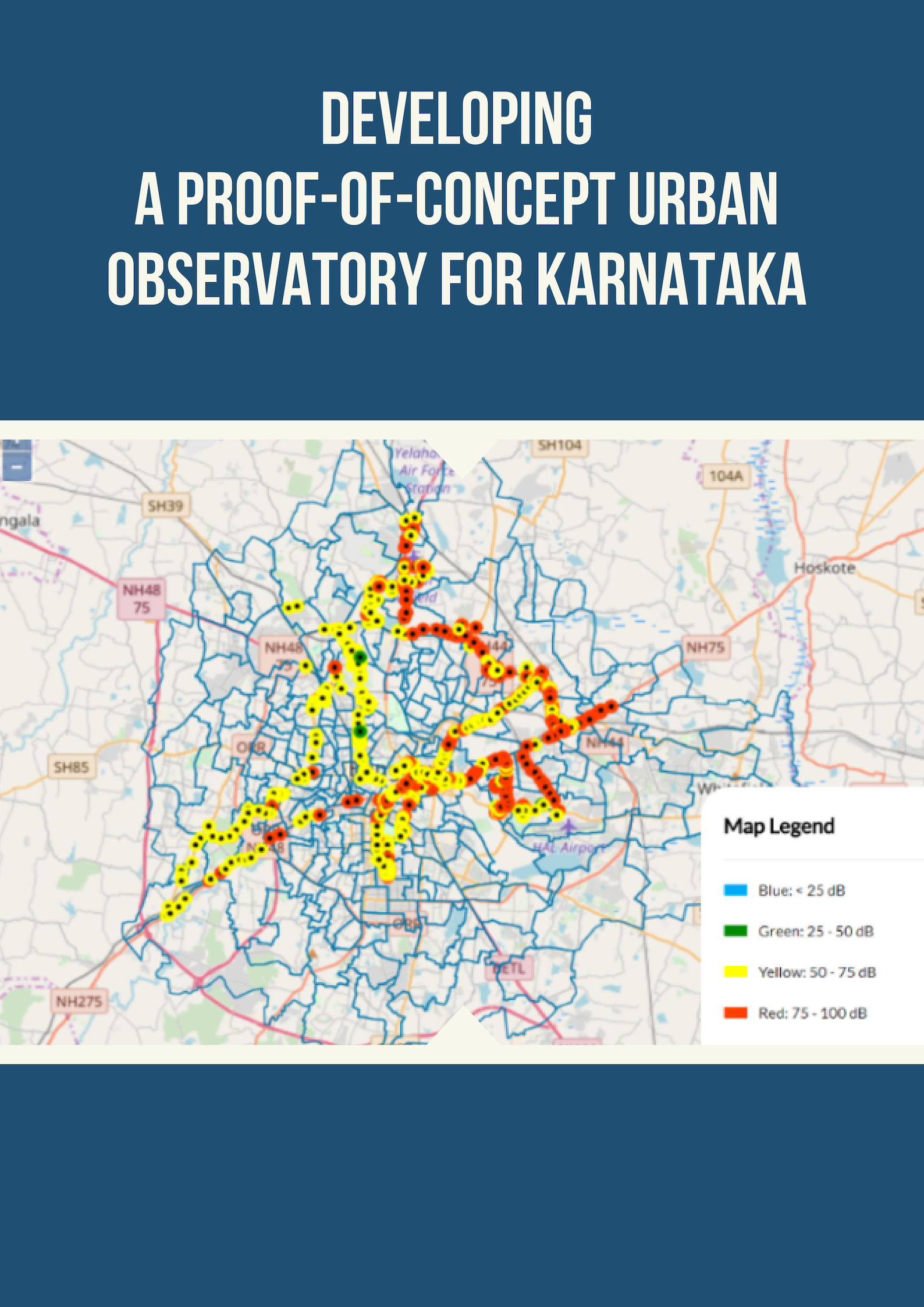
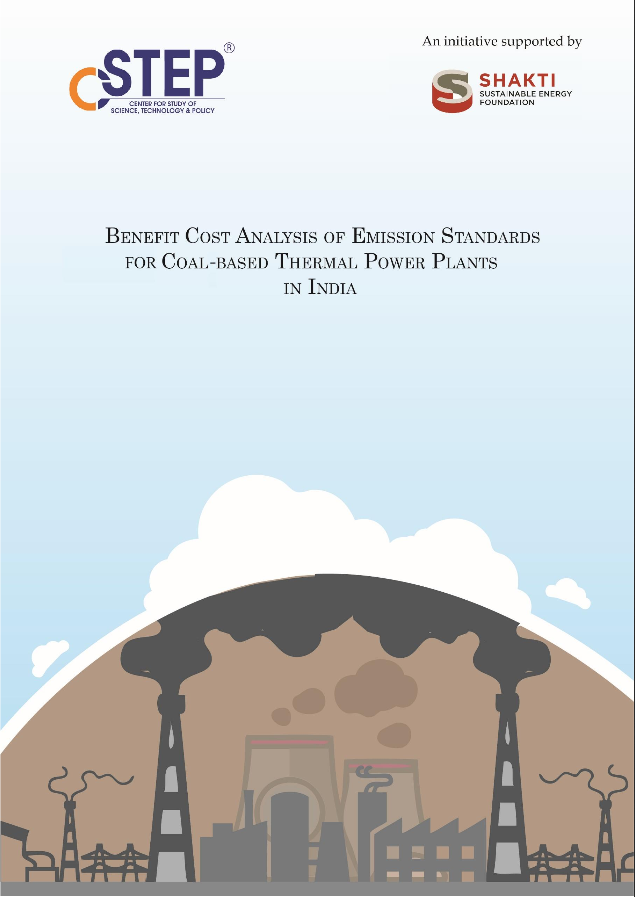


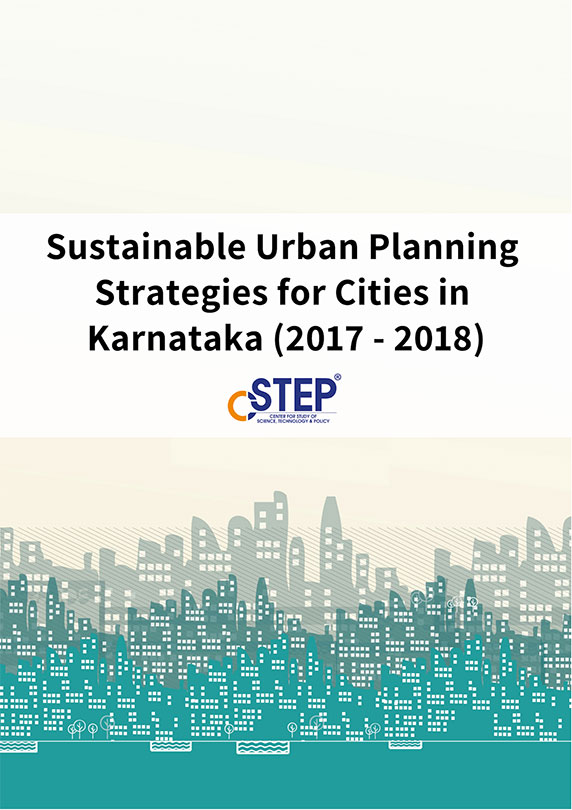




Adapting to climate change
Not a day or week passes without an extreme event such as a heat wave, high-intensity rainfall leading to floods and landslides, lack of rain or unseasonal rains destroying fruits and vegetable crops, or hurricanes striking coastal areas. Every month in 2023 set a new record for being the hottest on record, and every month of 2024 has already surpassed those records, with the hottest day in history recently recorded. Karnataka has experienced extreme droughts and flood-causing rainfall events in recent months and years.
Social accounting matrix construction and multiplier analysis
A social accounting matrix (SAM) can be used to estimate key macroeconomic indicators such as gross domestic product (GDP), gross value added (GVA), material input intensity, labour and capital intensity, average savings rate, per capita income of households, etc. They can also serve as a database for more complex models like the multiplier and computable general equilibrium (CGE) models.
Indu K Murthy quoted on the need for more resilient infrastructure in Kerala’s landslide prone areas
How can the budget unlock India’s future as an offshore wind powerhouse
Despite its enormous potential, India has thus far lagged behind its global peers with no installed offshore wind capacity in the country despite the international market size reaching close to 75 GW. In India, just two of the nine coastal states – Gujarat and Tamil Nadu – have a combined offshore wind potential of 71 GW. India aims to install more than half of this capacity (37 GW) by 2030, as part of its overall non-fossil-fuel goal of 500 GW.
Press Release: Sea level rise scenarios and inundation maps for selected Indian coastal cities
Climate change brought on by fossil-fuel burning and greenhouse gas emissions has led to a steady increase in global temperatures. As a result, sea surface temperatures and glacier melting have increased, eventually raising sea levels and posing a major threat to coastal cities worldwide, including Indian coastal cities. Many of these coastal cities in India are known to be major economic hubs with natural ports, cultural centres, biodiversity hotspots, and religious monuments.
Sea level rise scenarios and inundation maps for selected Indian coastal cities
Sea level rise (SLR) has been recognised as the most serious global threat. Continuing greenhouse gas (GHG) emissions are increasing global temperatures, causing thermal expansion of ocean water, and accelerating the melting of mountain glaciers and ice sheets, eventually raising sea levels. The Intergovernmental Panel on Climate Change (IPCC) has projected a global mean SLR of 1.3 to 1.6 m by 2100 under the high-emission scenario. Rising sea levels are a major hazard to coastal cities worldwide, including Indian coastal cities.
